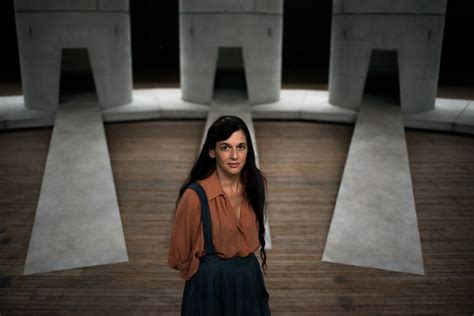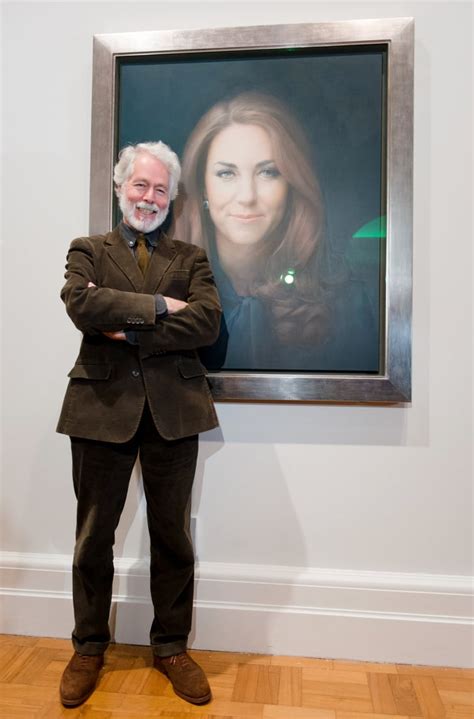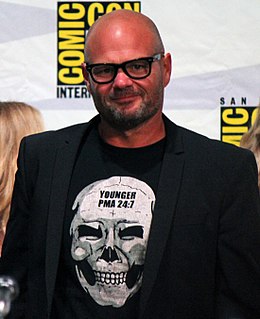A Quote by Dennis Hopper
I went back to photography in the 1990s. But from the 60s to the 90s I didn't really take any photographs at all, unfortunately. During that period I lived in France, I lived in England, I lived all over the place in different cities. I didn't take any photographs and because I felt I had really accomplished everything that I wanted to in photography during the period between 61 and 67.
Related Quotes
[After Easy Rider] I couldn't get another movie, so I lived in Mexico City for a couple of years. I lived in Paris for a couple of years. I didn't take any photographs, and then I went to Japan and saw a Nikon used. I bought it, and I just started, like an alcoholic. I shot 300 rolls of film. That was the beginning of me starting again.
A good print is really essential. I want to take strong documentary photographs that are as good technically as any of the best technical photographs, and as creative as any of the best fine-art photographs. [...] I don't want to just be a photo essayist; I'm more interested in single images...ones that I feel are good enough to stand on their own.
I would have to say that because I've lived in so many cities, by no means do I feel it's fair to call myself a 'fan' of any particular teams. I've lived in New York for a long time, and I did this movie about the Yankees called '*61.' I found out a lot about the Yankees during that time, so I love the Yankees, I've watched the Yankees.
During my performances, I don't like folks to take pictures because I feel that we live in a very photographic time. Photography was invented over 100 years ago, and now it's at its peak because everyone has a camera. The fact that they are taking experiences and filtering them through a mechanical lens I find amazing, but also disheartening. Amazing when you have photographs that start revolutions. Disheartening when you have people making photographs but not living.
For the most part, French cities are much better preserved and looked after than British cities, because the bourgeoisie, the people who run the cities, have always lived centrally, which has only recently begun to happen in big cities in England. Traditionally in England, people who had any money would live out in the suburbs. Now, increasingly, people with money live in the cities, but this has changed only in the last 20 or so years.
I'm sure that growing up in the Midwest played a role in my chronic escapism. In fact, before I lived in France, I lived in Japan, England, and Bulgaria. I was determined to experience other places and cultures, particularly because I had the perception that I'd been cut off from these experiences as a child.
I didn't do well in high school, but I took photography, and I loved being able to capture moments. It led to more and more photography, and fashion was the angle into photography for me. It was incredible to see photographs by Irving Penn or Helmut Newton. I was really intrigued by that, and that's what led me to New York City.
It is a nostalgic time right now, and photographs actively promote nostalgia. Photography is an elegiac art, a twilight art. Most subjects photographed are, just by virtue of being photographed, touched with pathos. ... All photographs are memento mori. To take photograph is to participate in another person's mortality, vulnerability, mutability. Precisely by slicing out this moment and freezing it, all photographs testify to time's relentless melt



































